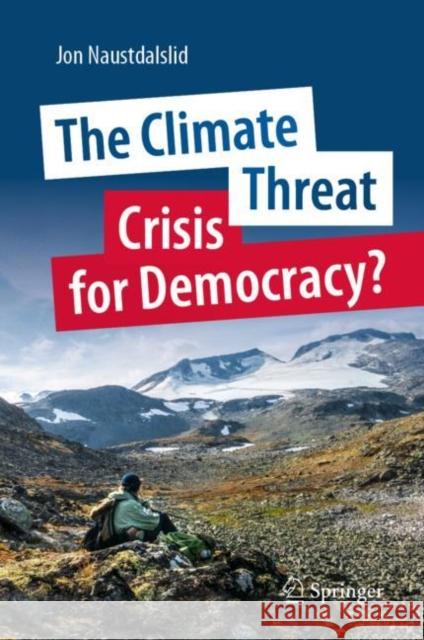The Climate Threat. Crisis for Democracy? » książka
topmenu
The Climate Threat. Crisis for Democracy?
ISBN-13: 9783031344701 / Angielski / Twarda / 2023 / 362 str.
The Climate Threat. Crisis for Democracy?
ISBN-13: 9783031344701 / Angielski / Twarda / 2023 / 362 str.
cena 181,55
(netto: 172,90 VAT: 5%)
Najniższa cena z 30 dni: 154,18
(netto: 172,90 VAT: 5%)
Najniższa cena z 30 dni: 154,18
Termin realizacji zamówienia:
ok. 22 dni roboczych
Dostawa w 2026 r.
ok. 22 dni roboczych
Dostawa w 2026 r.
Darmowa dostawa!
Kategorie BISAC:
Wydawca:
Springer International Publishing AG
Język:
Angielski
ISBN-13:
9783031344701
Rok wydania:
2023
Ilość stron:
362
Wymiary:
23.5 x 15.5
Oprawa:
Twarda
Dodatkowe informacje:
Wydanie ilustrowane











